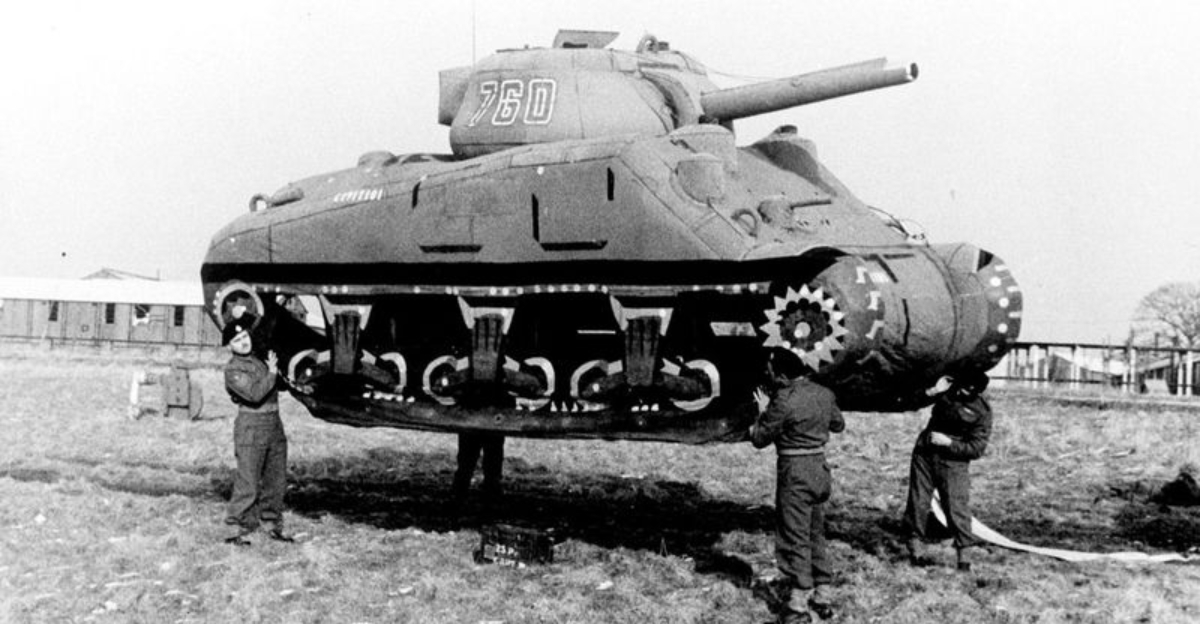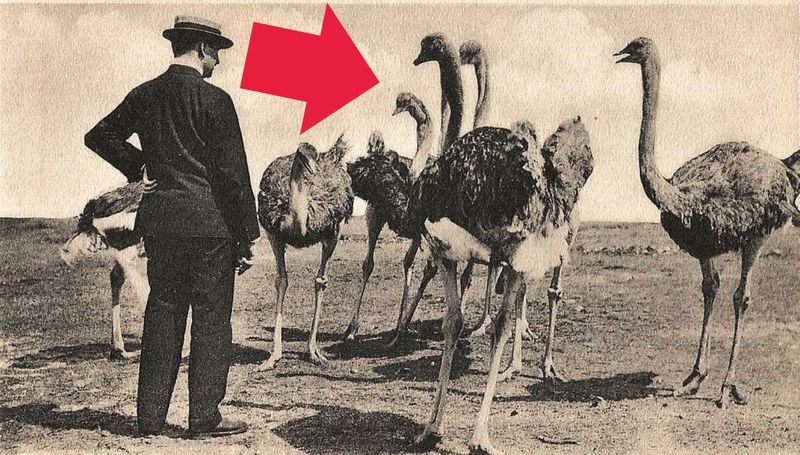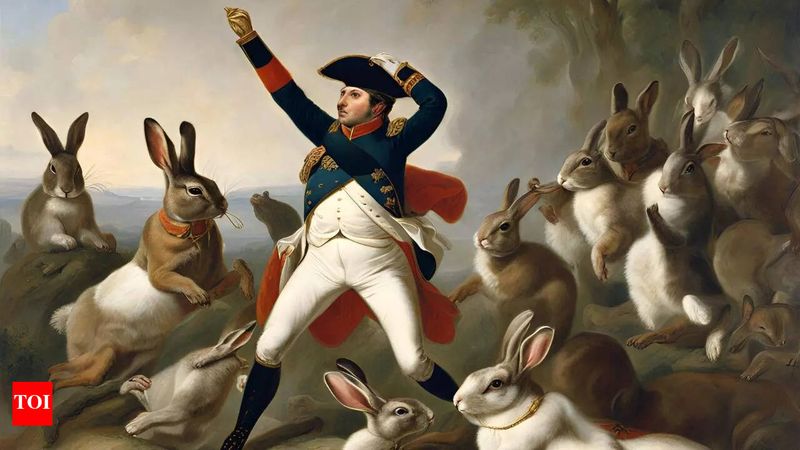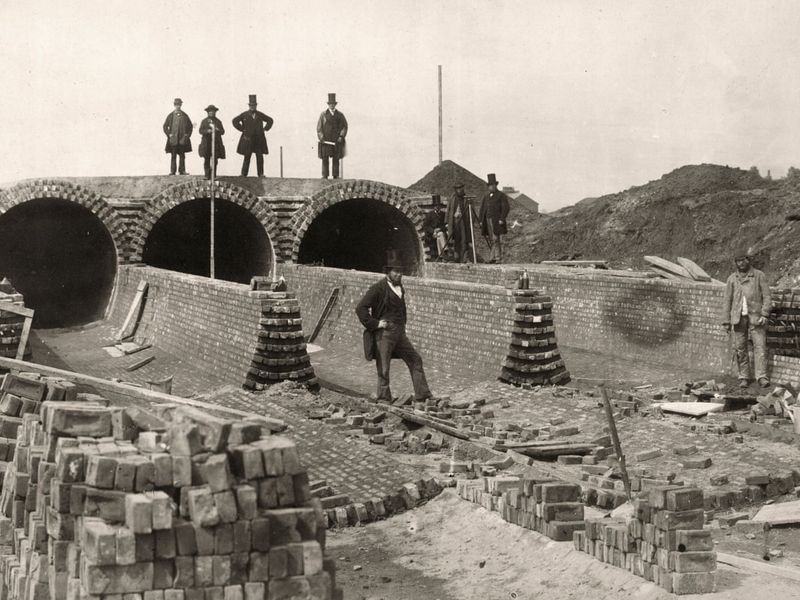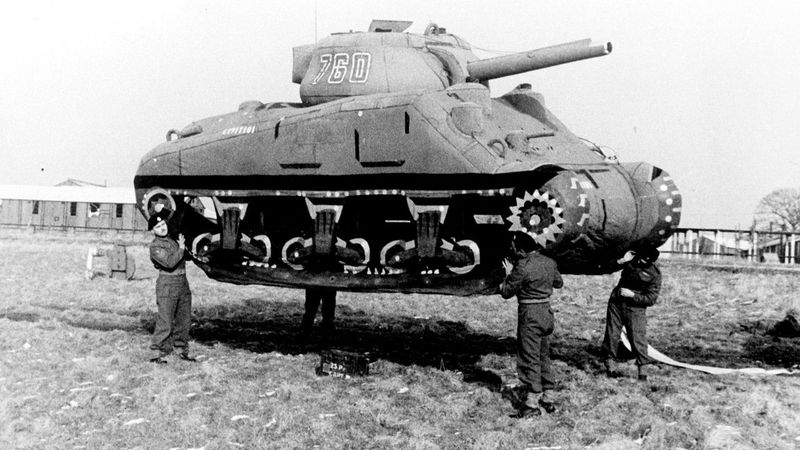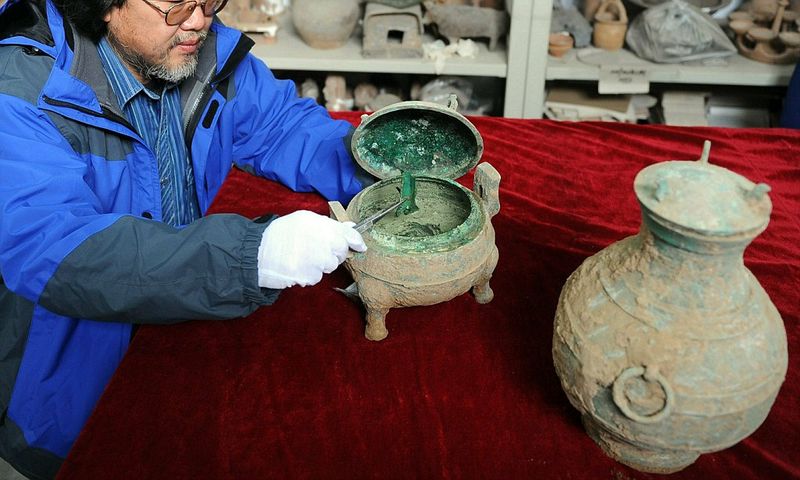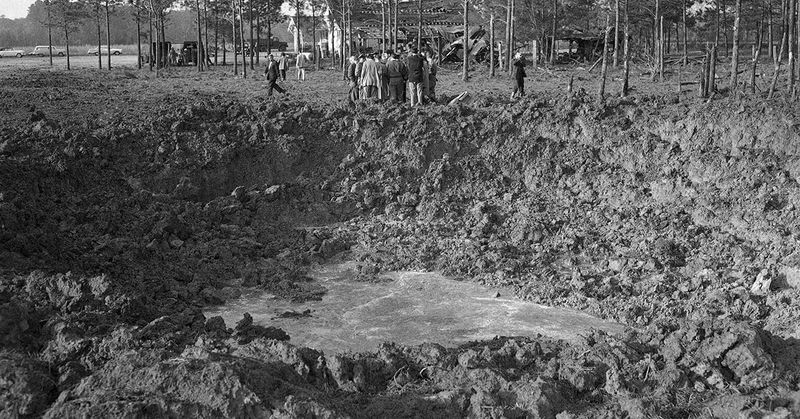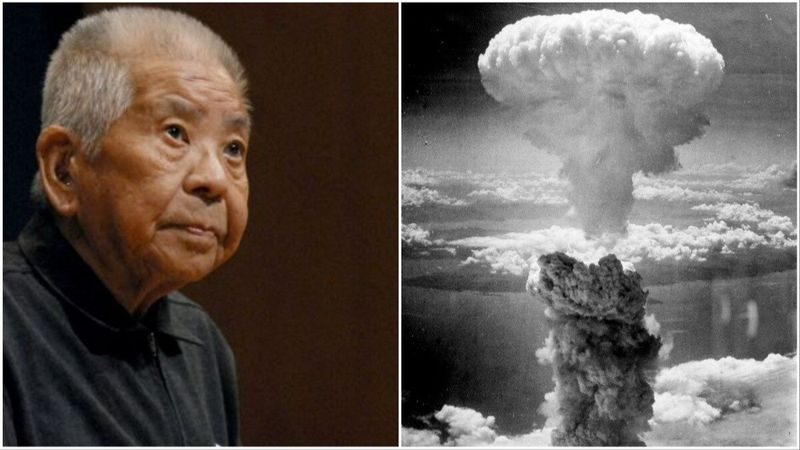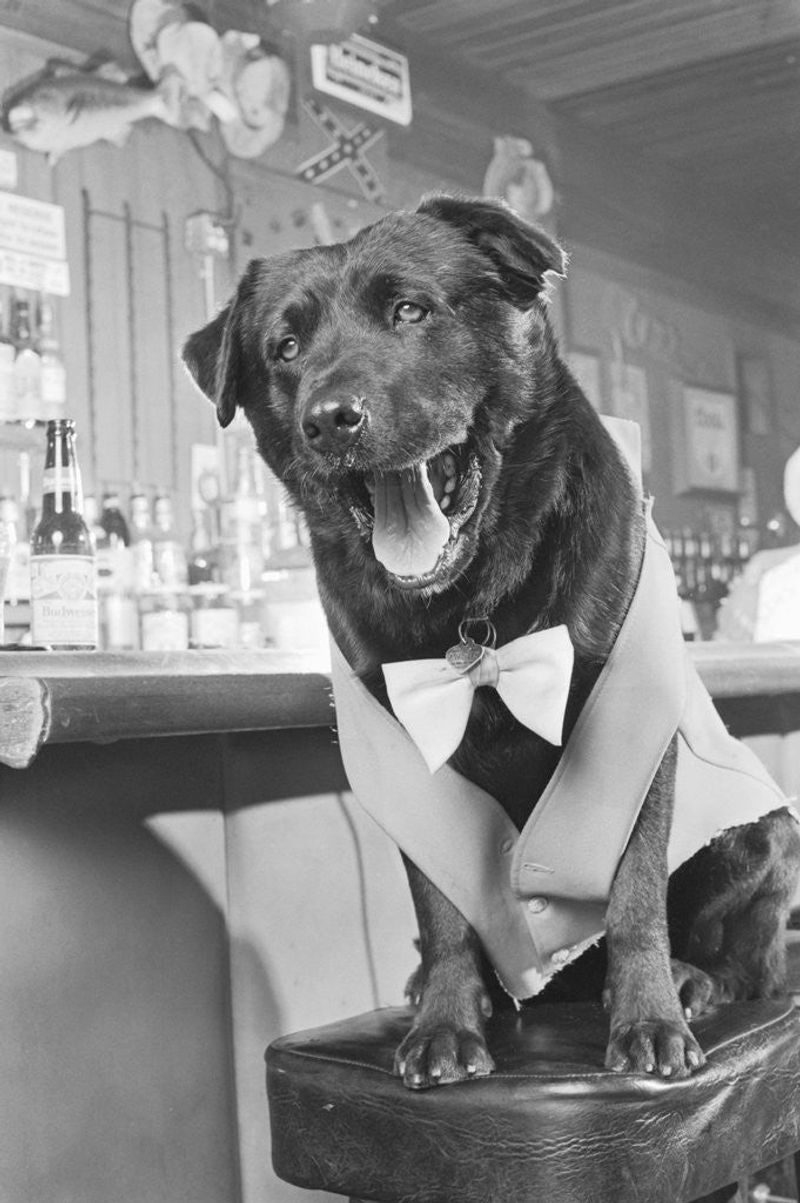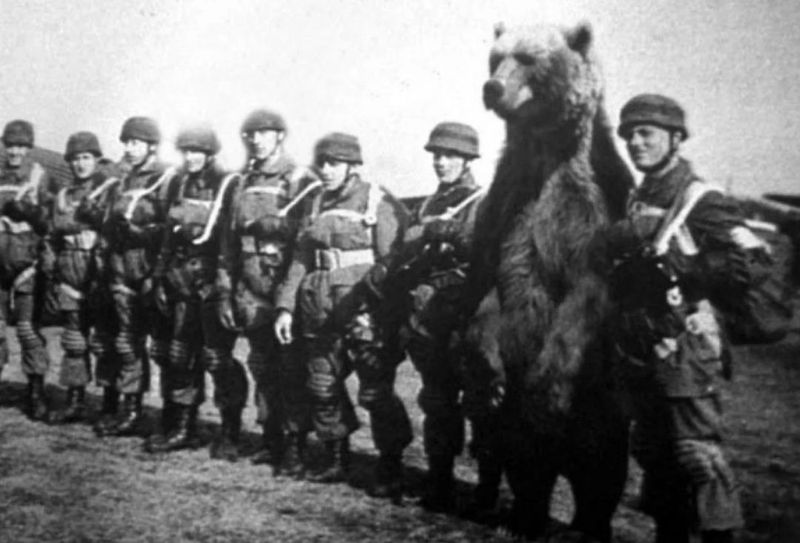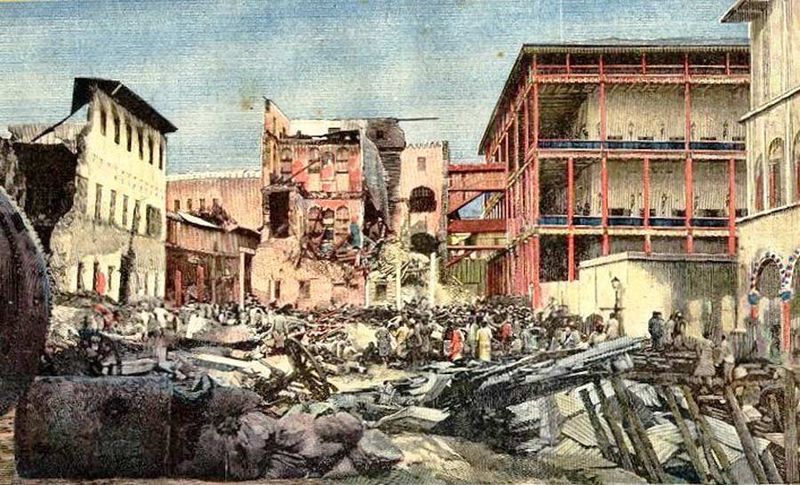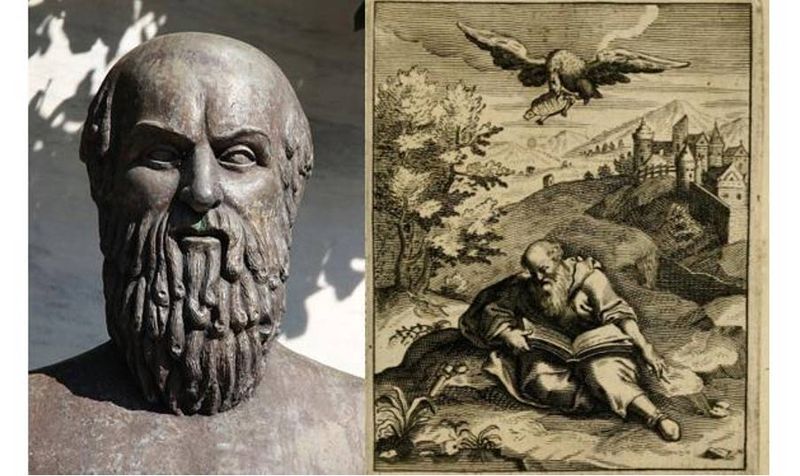History is full of stories that seem too strange to be true. From animal wars to dancing plagues, these tales challenge our perception of the past. Here are 15 bizarre historical facts that sound made up but are entirely real.
1. The Great Emu War (1932)
In 1932, Australia faced a unique adversary—emus. These large, flightless birds had invaded farmlands, causing havoc for farmers. The government responded by deploying the military equipped with machine guns to combat the emu menace. However, the birds proved to be surprisingly elusive and adept at avoiding the soldiers’ fire. Despite several attempts, the military operation ended in humiliation, with the emus emerging victorious. The event, known as the Great Emu War, remains a fascinating episode in Australian history, showcasing nature’s unexpected resilience against human intervention.
2. Pope Gregory IX Declared War on Cats (13th Century)
In the 13th century, Pope Gregory IX issued a decree linking black cats to satanic cults. As a result, cats across Europe faced persecution and extermination. This mass killing of felines may have inadvertently contributed to the spread of the Black Death, as rat populations, unchecked by cats, flourished. The pope’s war on cats is a striking example of how superstition and fear can influence societal actions, sometimes with unintended consequences. It remains a vivid reminder of the complex interplay between religion and culture in medieval Europe.
3. The Dancing Plague of 1518
In July 1518, residents of Strasbourg were baffled when a woman began dancing fervently in the streets. Within days, dozens joined her, unable to stop their relentless movement. The phenomenon, known as the Dancing Plague, saw scores of people dance for weeks, some collapsing from exhaustion or even dying. Historians suggest reasons like mass hysteria or ergot poisoning, but the true cause remains a mystery. This bizarre event has captured the imagination of many, reflecting the inexplicable oddities that sometimes occur in human communities.
4. Napoleon Was Attacked by Rabbits (1807)
In 1807, Napoleon Bonaparte experienced a rather uncharacteristic defeat—not by enemy forces, but by rabbits. After a hunting party, thousands of rabbits were released for him to shoot. However, instead of running away, the rabbits charged at him and his entourage. The sheer number overwhelmed the emperor, forcing him to retreat to his carriage in a hasty escape. This peculiar incident is a humorous footnote in Napoleon’s illustrious career, illustrating that even the most powerful leaders can be undone by the most unexpected adversaries.
5. The Boston Molasses Flood (1919)
On January 15, 1919, Boston’s North End was unexpectedly inundated by a 25-foot wave of molasses. A massive storage tank had burst, releasing over two million gallons of the sticky substance at a speed of 35 mph. The molasses flood killed 21 people and injured 150, leaving a path of destruction in its wake. Clean-up efforts took weeks, and the event has since become a part of Boston’s colorful history, serving as a reminder of the unforeseen dangers of industrialization and the power of nature’s elements.
6. The Great Stink of London (1858)
The summer of 1858 in London was marked by an overpowering stench emanating from the Thames River, heavily polluted with untreated sewage. Known as the Great Stink, it was so unbearable that it disrupted daily life and forced Parliament to suspend its sessions. This public health crisis spurred the creation of London’s modern sewer system, revolutionizing urban sanitation. The Great Stink is a testament to how environmental challenges can drive change, highlighting the importance of infrastructure in public health and city planning.
7. A Fake Army Fooled the Nazis in WWII
During World War II, the Allies orchestrated a brilliant deception to mislead Nazi forces. They created a fake army, complete with inflatable tanks, mock radio transmissions, and actors playing military personnel. The operation, known as Operation Fortitude, successfully convinced Hitler that the D-Day invasion would occur at Calais instead of Normandy. This strategic ruse saved countless lives by diverting enemy attention away from the actual invasion site. It stands as a testament to the power of creativity and subterfuge in military strategy.
8. The 2,400-Year-Old Soup Found in China
In 2010, Chinese archaeologists uncovered a remarkable find—a sealed bronze pot from the Warring States period, filled with soup ingredients dating back 2,400 years. This ancient culinary discovery offers a unique glimpse into the dietary practices of early Chinese civilizations. The pot, remarkably well-preserved, contained bones and other remnants that provide valuable insights into historical cooking methods. This find not only highlights the continuity of culinary traditions but also underscores the role of food in understanding cultural history.
9. The Time the U.S. Air Force Dropped a Nuclear Bomb on South Carolina (1958)
In 1958, a B-47 bomber accidentally dropped a nuclear bomb over Mars Bluff, South Carolina. Fortunately, the bomb’s plutonium core was not installed, averting a nuclear catastrophe. However, the conventional explosives detonated, destroying a family’s house and creating a 70-foot-wide crater. This incident highlights the inherent risks associated with nuclear arms and the potential for unintended disasters. The Mars Bluff bomb drop remains a somber reminder of the importance of stringent safety protocols and the devastating potential of military mishaps.
10. The Man Who Survived Both Atomic Bombs (1945)
Tsutomu Yamaguchi holds the remarkable distinction of surviving both atomic bombings in Japan during World War II. He was in Hiroshima on business when the first bomb detonated. Miraculously, he returned home to Nagasaki, only to experience the second explosion days later. Despite suffering severe injuries, Yamaguchi lived until 2010, sharing his experiences to advocate for nuclear disarmament. His story is a powerful testament to human resilience and the enduring hope for a world free from the threat of nuclear warfare.
11. The London Beer Flood (1814)
In 1814, London witnessed an unexpected deluge—not of water, but of beer. A massive vat at the Meux and Company Brewery ruptured, releasing over 320,000 gallons of beer into the streets. The resulting torrent destroyed homes and claimed eight lives, with some victims tragically drowning in the alcoholic flood. The incident highlighted the potential dangers of industrial production and remains a curious chapter in London’s history, blending tragedy with the peculiar. It’s a sobering reminder of the unpredictable nature of urban life.
12. The Town That Elected a Dog as Mayor (1970s–1980s)
In the 1970s, Sunol, California, made a unique choice for honorary mayor—a dog named Bosco. This black lab mix served for several years, becoming a beloved figure in the community. Bosco’s tenure was marked by charm and novelty, with the canine figurehead even receiving international attention. This quirky political chapter reflects the town’s playful spirit and sense of humor. Bosco’s election is a heartwarming reminder of how communities can come together in lightheartedness, celebrating the unconventional alongside the traditional.
13. The Time a Bear Was Officially a Polish Soldier (WWII)
During World War II, Polish soldiers adopted an unlikely comrade—a Syrian brown bear named Wojtek. This bear became an integral part of the 22nd Artillery Supply Company, helping transport ammunition and boosting morale. Wojtek was officially enlisted, complete with his own rank and serial number. His story is one of camaraderie and the unexpected bonds formed in wartime. Wojtek’s legacy endures as a symbol of resilience and the extraordinary connections that can arise in the face of adversity, highlighting the unique stories within military history.
14. The Shortest War in History (38 Minutes, 1896)
In 1896, the Anglo-Zanzibar War set an unparalleled record as the shortest war in history, lasting only 38 minutes. The conflict erupted when Sultan Khalid bin Barghash defied British demands to step down. In response, British forces launched a swift naval bombardment on the Sultan’s palace, quickly securing victory. The brief, yet decisive confrontation underscores the geopolitical tensions of the era and the might of imperial power. This war remains a fascinating footnote in colonial history, illustrating the rapidity with which political disputes can be resolved.
15. The Man Who Died from a Tortoise (Aeschylus, 455 BCE)
The ancient Greek playwright Aeschylus died under bizarre circumstances in 455 BCE. According to legend, an eagle mistook his bald head for a stone and dropped a tortoise onto him, resulting in his death. This peculiar tale is often recounted as an example of tragic irony, befitting a dramatist’s end. Aeschylus’s life and works remain influential, with this unusual demise adding a touch of mythic intrigue to his legacy. It serves as a reminder of the unexpected twists of fate that can befall even the most renowned individuals.
